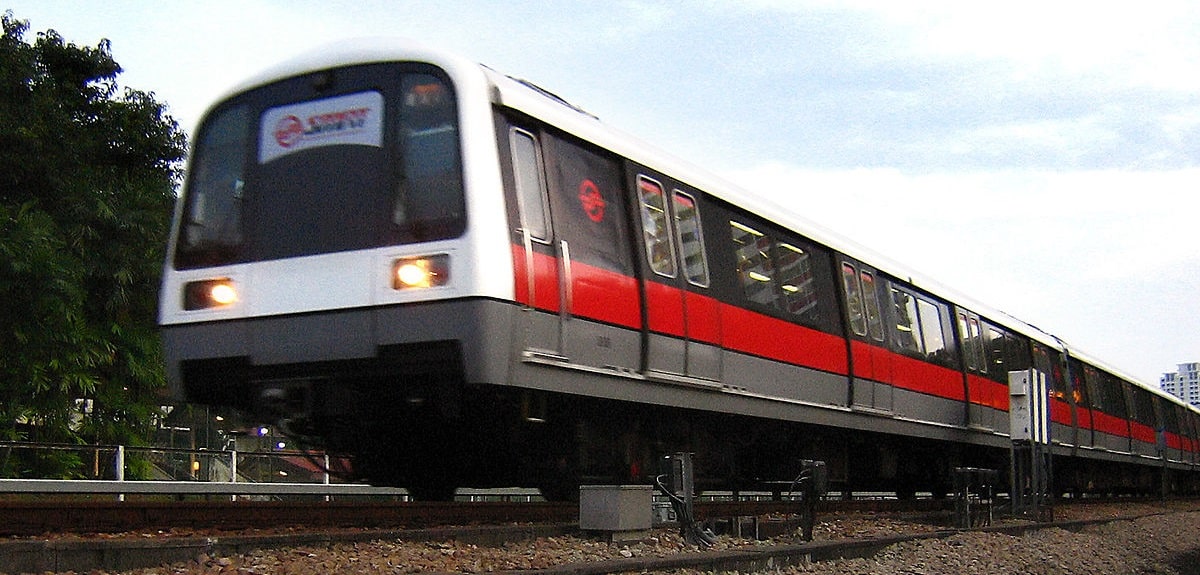Starting 28 Dec, commuters will be subject to a seven per cent increase in bus and train fares due to a global rise in fuel and energy costs last year, on top of a rise in wages of local manpower and “other macroeconomic factors”, according to the Public Transport Council (PTC) on Tue (9 Oct).
PTC chairman Richard Magnus said, in view of the fare hike: “We have a transparent and objective fare formula that allows us to cap the fare increase and balance sustainability with fare affordability for Singaporeans.”
“We also considered that the Government continues to finance the public transport infrastructure heavily, and provide financial assistance for the lower-income households,” he added.
Such financial assistance, according to PTC, will entail continued fare concessions and subsidies.
The Council said that concessionary rates will be extended to polytechnic students and other diploma students for the first time, capped at S$0.63 per journey.
Currently, polytechnic students and other diploma students pay full adult fares up to S$2.17 per journey.
“More than 80,000 polytechnic and other diploma students will enjoy savings in card fares of up to $1.54 per journey,” said PTC.
The Council added that around “two million commuters, or over 1 in 2 Singaporeans, will see a lower fare adjustment of 4 cents and below” compared to standard adult card fares, cash fares and single trip ticket fares.

“This is more than double last year’s contribution of $1.75 million,” the Council noted.
PTC also said that the Government will continue to subsidise “close to $1 billion per year” for the renewal of rail operating assets, and an additional S$1 billion for bus operations annually.
“This translates to more than $1 in subsidies for every journey,” added the Council.

“Some of these countries adopt a more purist approach in balancing cost and sustainability. This is not our approach,” he added.
PTC said that Singapore’s bus and rail fares continue to be among “the most affordable among cities in the world” even after the most recent fare review, based on a comparison of 10km journey fares across 12 cities, based on public sources.

The seven per cent figure was derived using a new formula introduced last year, which included a measure of Network Capacity Factor (NCF) that measures capacity provision relative to passenger demand for the entire public transport system.
Last year, the fare went up by 4.3 per cent after three years of fare reductions.
Subscribe
Login
0 Comments








